Tools and resources for the prevention of, treatment for, and recovery from addiction in Chautauqua County, NY.
Get trained in the use of naloxone (Narcan®) and have this life-saving medication handy.
FIND WHERE TO GET NARCAN® BELOW ↓
Safely dispose of any unused medications you have in your house.
Struggling with an addiction, or know someone who is? Help is available right here in Chautauqua County.
Concerned about someone’s substance use? Have a conversation and offer to help. Here are some suggestions.
Have other ideas? Please contact us.
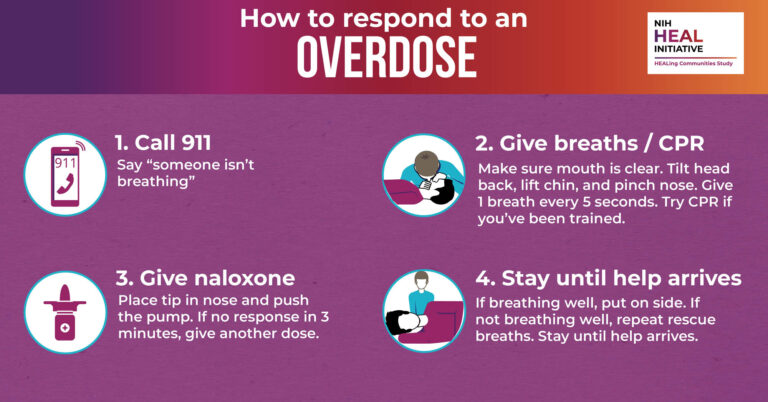
– Evergreen Health at 320 Prather Ave (Jamestown, NY), (716) 847-2441.
– The Chautauqua County Health Department at (716) 753-6724.
– The Mental Health Association offers online training right on their website – and they’ll even bring the naloxone to you!
– You can also text the Erie County Department of Health at (716) 225-5473 and they will arrange to send free naloxone to you.
– Evergreen Health at 320 Prather Ave (Jamestown, NY), (716) 847-2441.
Naloxone (Narcan®) is also available free 24/7:
– Jamestown: (Evergreen Health at 320 Prather Avenue)
– Dunkirk: (Dunkirk Express at 81 East 5th Street)
Vending machines also have free fentanyl test strips and xylazine (“tranq”) test strips.
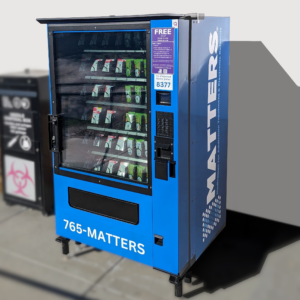
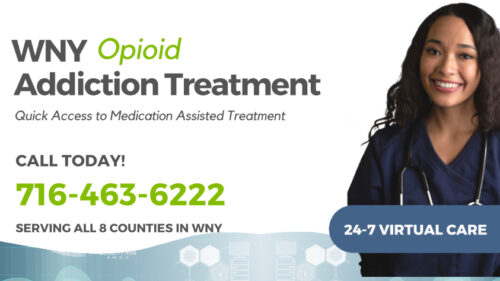
Call 911 for a medical emergency or go to the nearest emergency department.
If you are experiencing a personal crisis or are in emotional distress, call the 24/7 Chautauqua County Crisis line at 1-800-724-0461.
If you need someone to talk to about how you’re feeling, the Warmline is available 24/7 at 1-877-426-4373 or send a text to 716-392-0252.
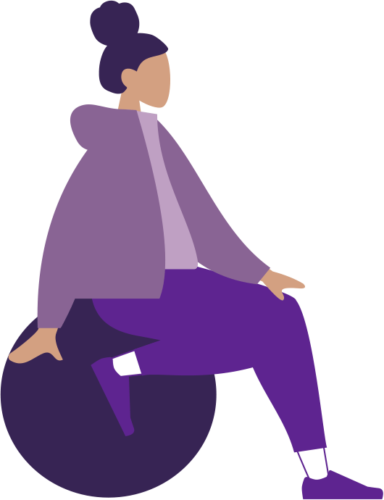
If you are experiencing a personal crisis or are in emotional distress, call the 24/7 Chautauqua County Crisis line at 1-800-724-0461.
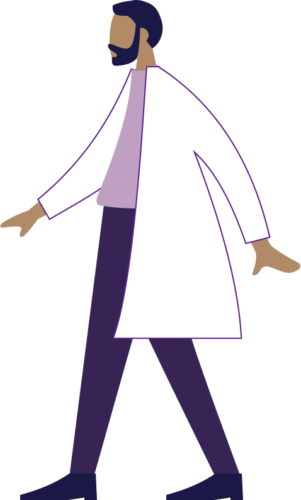
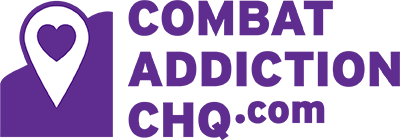
© 2024 Chautauqua County Health Department